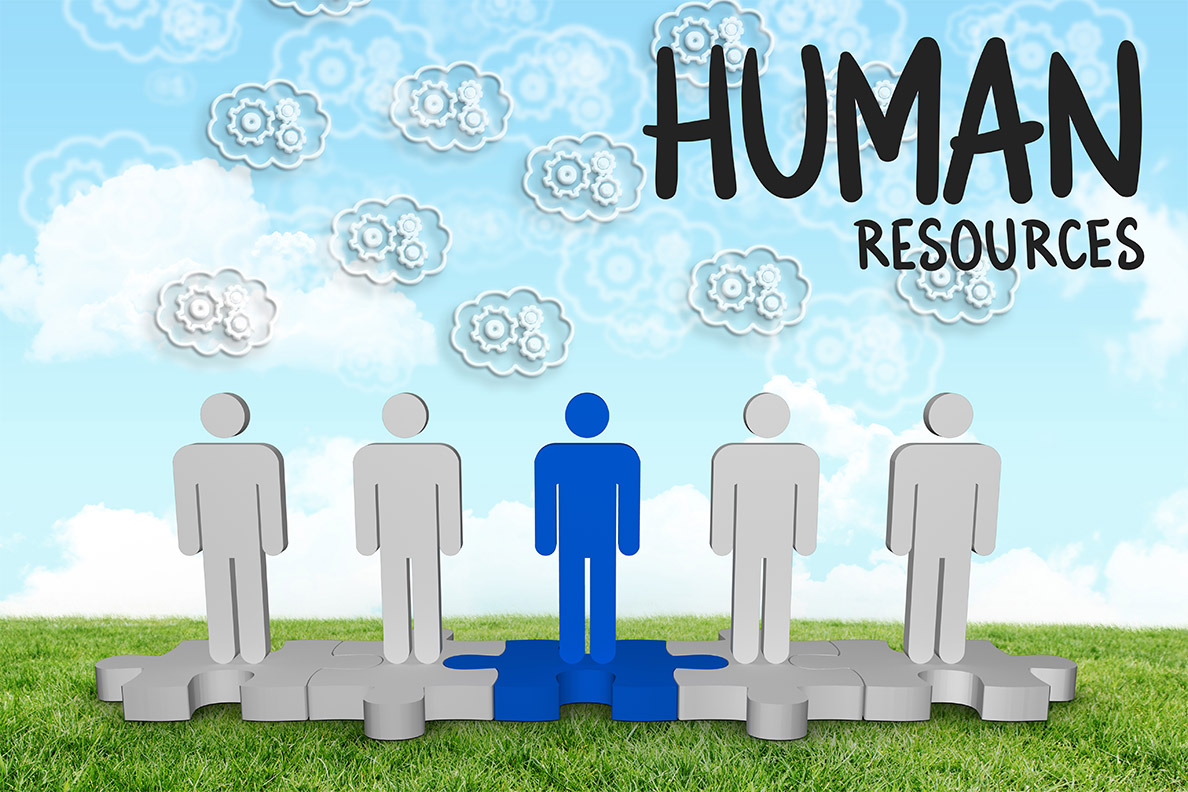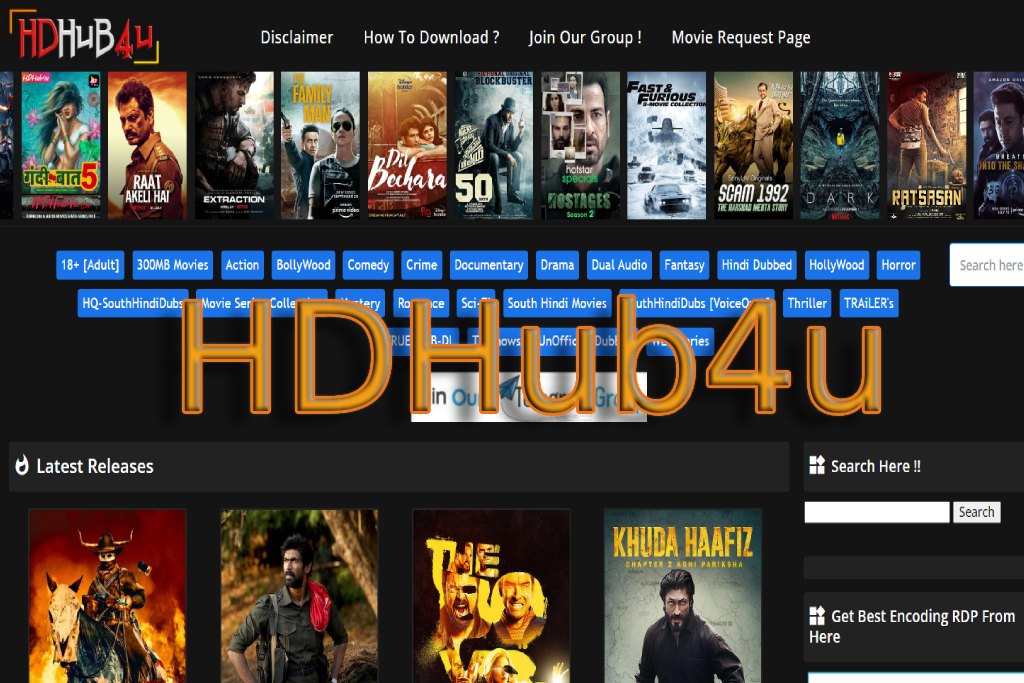Give Wings To Your Human Resources With The Cloud.

It’s the end of the year, and your HR manager is proposing to use the remaining budgets on the acquisition of a new application for managing payroll and personnel files. He has submitted proposals for SaaS software, i.e., based on the cloud, but you are hesitant: they are much more expensive in the end than software installed locally, like the one your company has been using until now.
However, your HR manager assures you that you will get a return on investment from a cloud application much faster. Should you believe him?
Table of Contents
General Benefits Of Cloud Computing
A Tailor-Made System
Cloud computing is defined as the provision of customized storage resources over the Internet. The cloud provider provides, maintains, and updates the hardware, software, and equipment that make up the network of data centers distributed in different locations that it has set up.
As a result, the user does not have to acquire or maintain this infrastructure and only uses the memory space and software that he needs. It is, therefore, an economical solution by nature since it is fully adjustable to the customer’s needs.
A Secure Redundancy
In addition, thanks to the multiplicity of data centers implemented (redundancy), it is a more secure solution since, in the event of a breakdown in one of these centers, the others can take over. Service interruptions are, therefore, very brief, if not non-existent.
Total Availability
Finally, the last major advantage of this configuration is that it offers total availability of applications. Since the data is transmitted over the Internet, there is no limitation related to the cloud provider’s opening hours. Similarly, it is possible to connect to your applications and data stored in cloud mode from any device connected to the Internet (mobile phone, tablet, laptop).
Cloud computing, therefore, provides a response to the growing demand for mobility among businesses, whether it takes the form of teleworking or the roaming of certain employees.
The Benefits Of Cloud Computing For Human Resources
Greater Efficiency
Cloud-based HR applications help automate functions that were previously handled manually.
The entry of timesheets, leave requests, evaluations, and additional information related to income tax returns can, in fact, be entered directly by the employees concerned on the application rather than being copied or re-entered by an employee of the HR department.
Similarly, the cloud makes it easier to manage your workforce when they work across different locations. You eliminate a lot of paperwork, but more importantly, you reduce the risk of errors and inconsistencies.
Additionally, cloud-based HR applications often include richer and more powerful data analytics capabilities than traditional HR software. You can better understand trends with detailed reports. You also have more tools to help you find the best candidates for your company. The cloud also provides access to innovative features based on artificial intelligence, which can greatly simplify and accelerate some of the work that needs to be done.
Your HR managers will, therefore, be able to focus on long-term objectives that are more productive for your company than these daily tasks. Their team members will be freed from tedious work with low added value.
Strengthen Your Brand And Employer Reputation.
Nowadays, most companies are engaged in a “war” to recruit the best talent, and in this context, every detail can make a difference. A cloud-based HR solution (in SaaS, for example) allows you to differentiate yourself in several ways.
First, it shows that you have faith in the future and that you are investing to sustain your growth. Second, it shows that you are an employer open to cutting-edge technologies and keen to offer interesting positions to its employees.
Overall, working on the cloud allows all employees to communicate better and share their ideas. As a result, they increase their visibility. The company (and more specifically, the HR department) thus develops its knowledge of employees and can better identify talents and opportunities internally.
Scalable By Nature
Human resources, which is among the most regulatory-sensitive functions in the business, benefits greatly from automatic software updates in the cloud.
In fact, cloud application providers typically ensure that their software is always compliant with regulations. As soon as a regulatory change is in sight, they modify their application to maintain its relevance. Typically, these updates are done automatically, unlike on-premises applications. This way, you can be sure that your company is compliant with regulations at all times, with virtually no intervention on your part.
Security
The data processed by HR is generally confidential and sensitive from this point of view to the security of the company’s IT system.
Cloud technology is built with security in mind. Cloud-based (or SaaS) HR solutions are more secure because you can control who accesses what information, through strict access management.
Data and applications are hosted remotely; transmitted data is most often encrypted.
Cloud solutions offer advanced features that allow businesses to focus on growth. They are a growth factor in themselves, thanks to the productivity gains they enable.
Also Read: ROI In Human Resources To Measure Good Strategies






